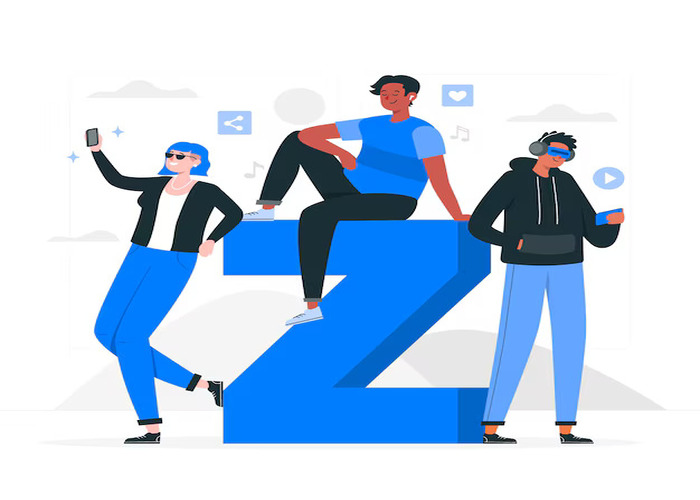Educating Gen Z: Rethinking The Role of a Modern Educator

"Every generation learns differently, but education remains the bridge between potential and purpose”
Gen Z, born roughly between 1997 and 2012, is the first generation raised entirely in the digital age. With smartphones in hand and unlimited information at their fingertips, today’s students are curious, tech-savvy, socially aware, and deeply entrepreneurial. As educators, we must change not just our tools but also our mindset to connect with and empower these learners. Gone are the days when the educator was the only source of knowledge. In today’s classrooms, we are no longer just “the sage on the stage,” but “the guide on the side.” Our role has expanded from delivering content to facilitating inquiry. We now focus on nurturing critical thinking and creativity instead of just enforcing discipline. Gen Z learners thrive in interactive, visual, and fast-paced environments. They expect relevance, personalization, and instant feedback. This requires teaching strategies that mix traditional methods with digital platforms, whether through gamified assessments, flipped classrooms, or collaborative tools like Padlet and Kahoot.
"To teach the mind, we must first connect with the heart"
Building meaningful relationships, promoting inclusivity, and understanding the mental health challenges Gen Z faces are just as important as academic instruction. Empathy, flexibility, and cultural awareness are now necessary traits of a modern educator. Ultimately, educating Gen Z is not about lowering standards; it’s about changing our approaches. It's about encouraging lifelong learning, adaptability, and digital wisdom in a rapidly changing world. As we enter this new educational era, let us embrace the chance not just to teach, but to inspire."
Written by,
Dr. Mariyappan N.
Assistant Professor, Presidency School of Commerce













 Rajanukunte, Yelahanka, Bengaluru, Karnataka, Pin: 560119, India
Rajanukunte, Yelahanka, Bengaluru, Karnataka, Pin: 560119, India
 +91 9022092222
+91 9022092222